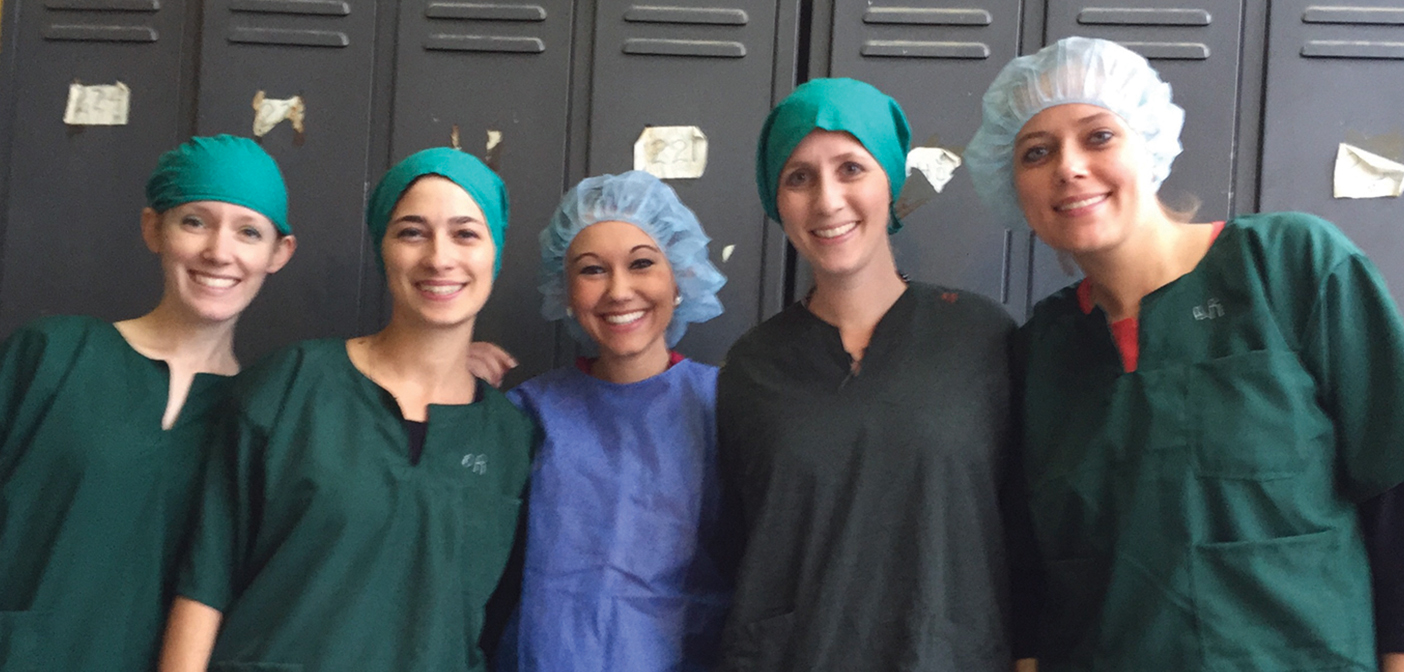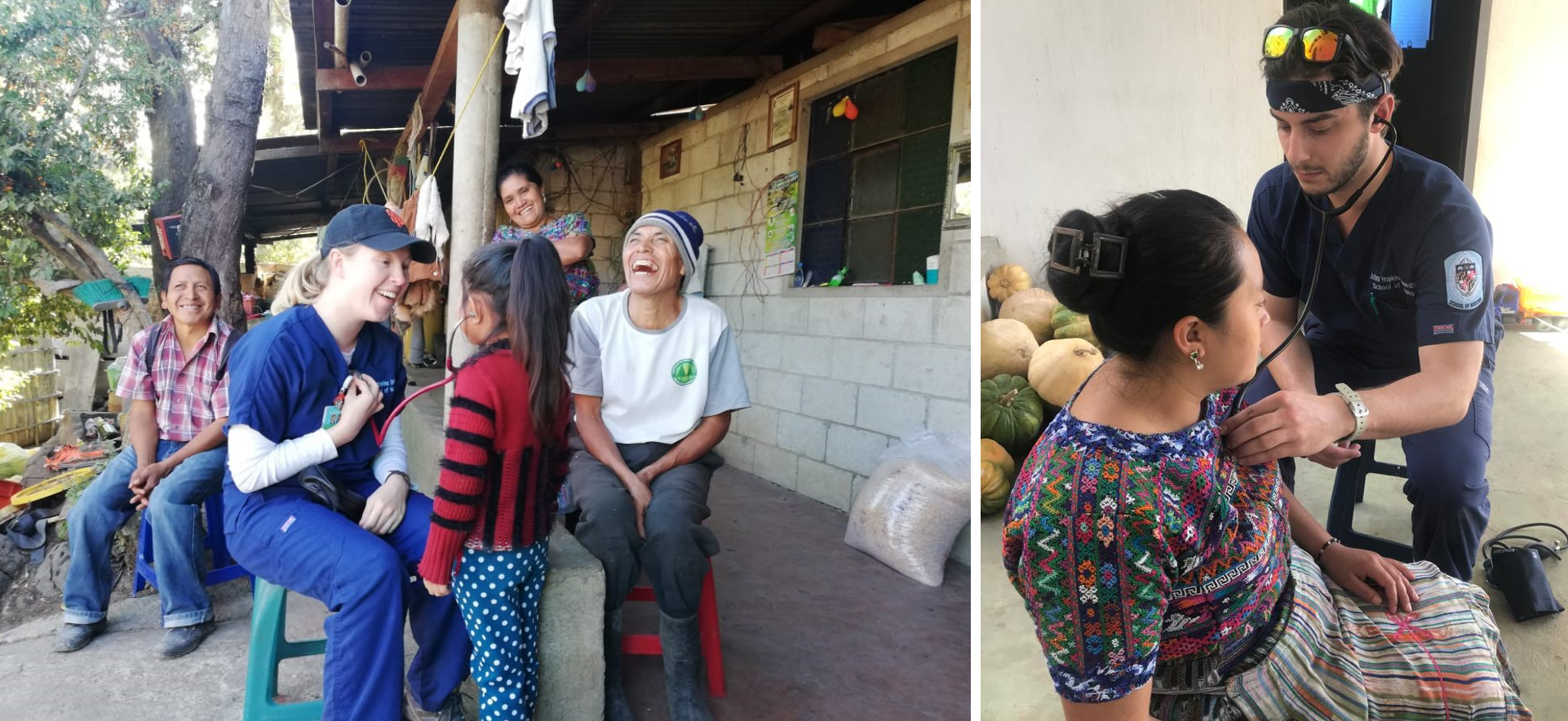Nurses provide essential surgical care to prevent needless deaths
Katie Kloss may be a surgical nurse, but she’s never wanted to be a surgeon. Her passion is providing primary health care to families. That’s why she became a nurse practitioner. But a visit last summer to Ethiopia gave Kloss an inside look at the dearth of surgical care in developing countries and a new appreciation for the role nurses can play in addressing this overwhelming need and in preventing millions of deaths.
Kloss was part of a safe surgery working group convened by Jhpiego that visited four hospitals in Ethiopia, two in urban areas and two in the countryside. It had a profound impact on her: “I realized that if someone plucked me from my work at Johns Hopkins Hospital and placed me in Ethiopia, I would become a surgeon—not a medical doctor but an integrated emergency surgical officer who would live in a remote area of the country and provide safe and essential surgery to the women and families in the community.”
The need for essential surgical care in low- and middle-income countries has been largely unrecognized by the global health community until recently. According to the Lancet Commission on Global Surgery, an estimated 16.9 million lives were lost due to a lack of urgent surgical interventions in 2010 alone. That’s about 32 percent of deaths worldwide. The primary reasons for this unnecessary loss of life are a lack of trained surgeons and anesthesiologists and the concentration of trained providers in urban areas.
In three of the four operating theaters the safe surgery group visited, the operating lights did not work, said Kloss, who will graduate from the Johns Hopkins School of Nursing in May with a master’s degree in advanced nursing practice. “In the United States, much of what is used in the operating room is thrown away after each surgery; in Ethiopia, the only things thrown away are gloves,” she explained.
“In the United States, much of what is used in the operating room is thrown away after each surgery; in Ethiopia, the only things thrown away are gloves.”
— Katie Kloss
“At first glance, I was overwhelmed at the idea of surgeries taking place in these spaces. However, as I listened to each surgeon, observed them at work, and studied their outcomes, I was amazed at how much good, safe care was being provided with such limited resources.”
At the Tulu Bolo District Hospital in the Oromia region, Kloss met Birtukan Bizuayehu, one of the first graduates of a three-year postgraduate program to train providers in common and essential surgical skills such as emergency cesarean section, appendectomy, and laparotomy. This strategy of task sharing basic surgical duties among trained and mentored providers has proven effective in decreasing morbidity and mortality in Ethiopia, Malawi, Mozambique, and Tanzania.
“After personally seeing and hearing how the emergency surgical officers changed the landscape of rural health care in Ethiopia, I have a new appreciation of the potential for advanced practice nurses worldwide,” Kloss said. “Birtukan and her fellow emergency surgical officers don’t need just a working light, they need the recognition that they are performing miracles.”
Photo at top: From left, Alison Wong, Katie Kloss, Stacie Zwolski, Kelly Lacob, and Madeline Wilson of Jhpiego’s safe surgery working group.

 Guatemala Re-visited: Rainwater Project Shows Value of Service-learning Trips
Guatemala Re-visited: Rainwater Project Shows Value of Service-learning Trips You’re Welcome
You’re Welcome My First Teachers in Nursing School Weren’t Nurses
My First Teachers in Nursing School Weren’t Nurses Nursing Named Most Trusted Profession for 22nd Consecutive Year
Nursing Named Most Trusted Profession for 22nd Consecutive Year Best of On The Pulse 2023
Best of On The Pulse 2023







